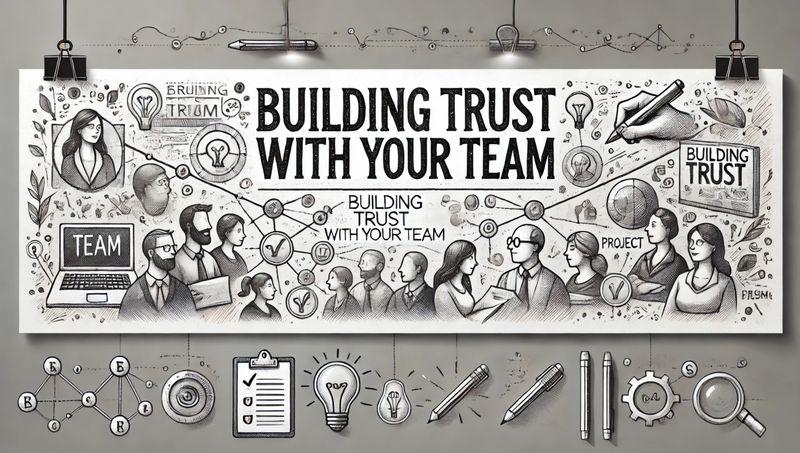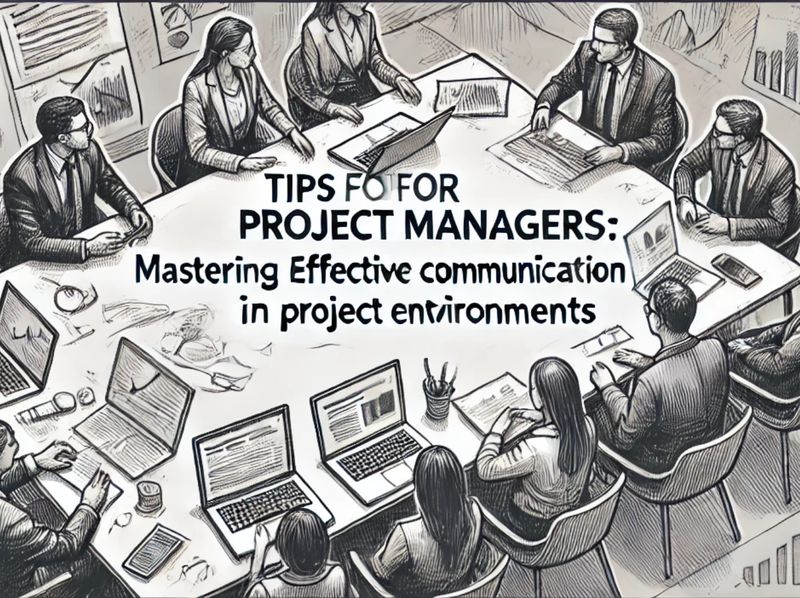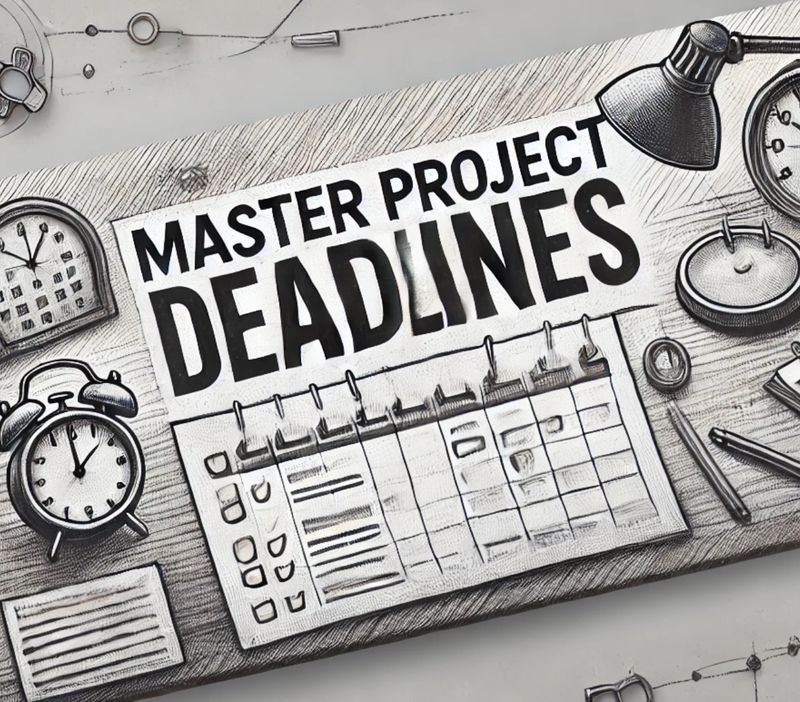How to Build Trusting Relationships with Your Team

Understanding the Foundations of Trust
Trust is the foundation of any successful team. It begins with demonstrating authenticity, consistency, and respect. As a project manager, the first step is to show your team that you are reliable and approachable. This requires maintaining open communication, setting clear expectations, and following through on commitments.
For example, if you promise to address a team member's concern during a meeting, ensure that you do so promptly. This consistency in words and actions reassures the team that you take their input seriously and fosters an environment where everyone feels valued.
Another vital element is transparency. Share project goals, challenges, and decisions openly with the team. When team members understand the "why" behind decisions, they are more likely to trust the process and feel included in the journey.
For instance, if a deadline shifts due to unforeseen circumstances, explain the reasons clearly to your team and involve them in re-aligning priorities. This approach demonstrates that you trust their abilities and value their contributions, which in turn encourages reciprocal trust.
Communicating Effectively and Empathetically
Effective communication is at the heart of trust-building. Project managers should aim to be both clear and empathetic when interacting with their team. Clear communication ensures that everyone understands their roles and responsibilities, while empathy fosters a sense of connection and mutual respect.
Begin by actively listening to your team. Whether it's during one-on-one check-ins or group discussions, give your full attention to their concerns, ideas, and feedback. Show genuine interest in their perspectives, and when appropriate, incorporate their suggestions into the project.
For example, if a team member suggests an alternative approach to a task that might save time, acknowledge their input, evaluate its feasibility, and, if viable, implement it. This demonstrates that their voice matters and reinforces a collaborative atmosphere.
Additionally, be mindful of your tone and body language. Non-verbal cues play a significant role in communication. A warm smile, steady eye contact, or a nod can make team members feel heard and respected.
For instance, during a challenging project phase, a reassuring tone when addressing concerns can help alleviate stress and reinforce trust. Saying, "I understand this is a tough period, but I believe in our ability to overcome it together," creates a positive and supportive environment.
Empowering Your Team Through Trust
Trust grows when team members feel empowered to take ownership of their work. As a project manager, delegating tasks effectively and trusting your team to execute them shows confidence in their abilities. Avoid micromanaging; instead, provide the tools and guidance they need to succeed, and then step back to let them shine.
For example, if a team member is skilled in a particular area, assign them tasks that allow them to leverage their expertise. Let them know you trust their judgment and are available for support if needed. This empowerment fosters confidence and a sense of responsibility.
Another way to empower your team is by recognizing and celebrating their achievements. When people feel appreciated, they are more likely to remain motivated and engaged. Acknowledging both individual and team successes builds morale and reinforces the idea that their hard work is valued.
For instance, after meeting a major milestone, take a moment to publicly thank the team and highlight specific contributions. Phrases like, "I want to thank Maria for her innovative problem-solving and the entire team for pulling together during this critical phase," go a long way in strengthening relationships.
Finally, address mistakes with a constructive approach. Instead of placing blame, focus on identifying solutions and learning from the experience. This creates a safe space for growth and innovation, where team members feel confident to take risks without fear of judgment.
For example, if an error occurs during the project, say, "Let’s analyze what happened so we can improve our processes moving forward. Your input on how we can avoid this in the future would be invaluable." This approach not only builds trust but also fosters a growth mindset within the team.





